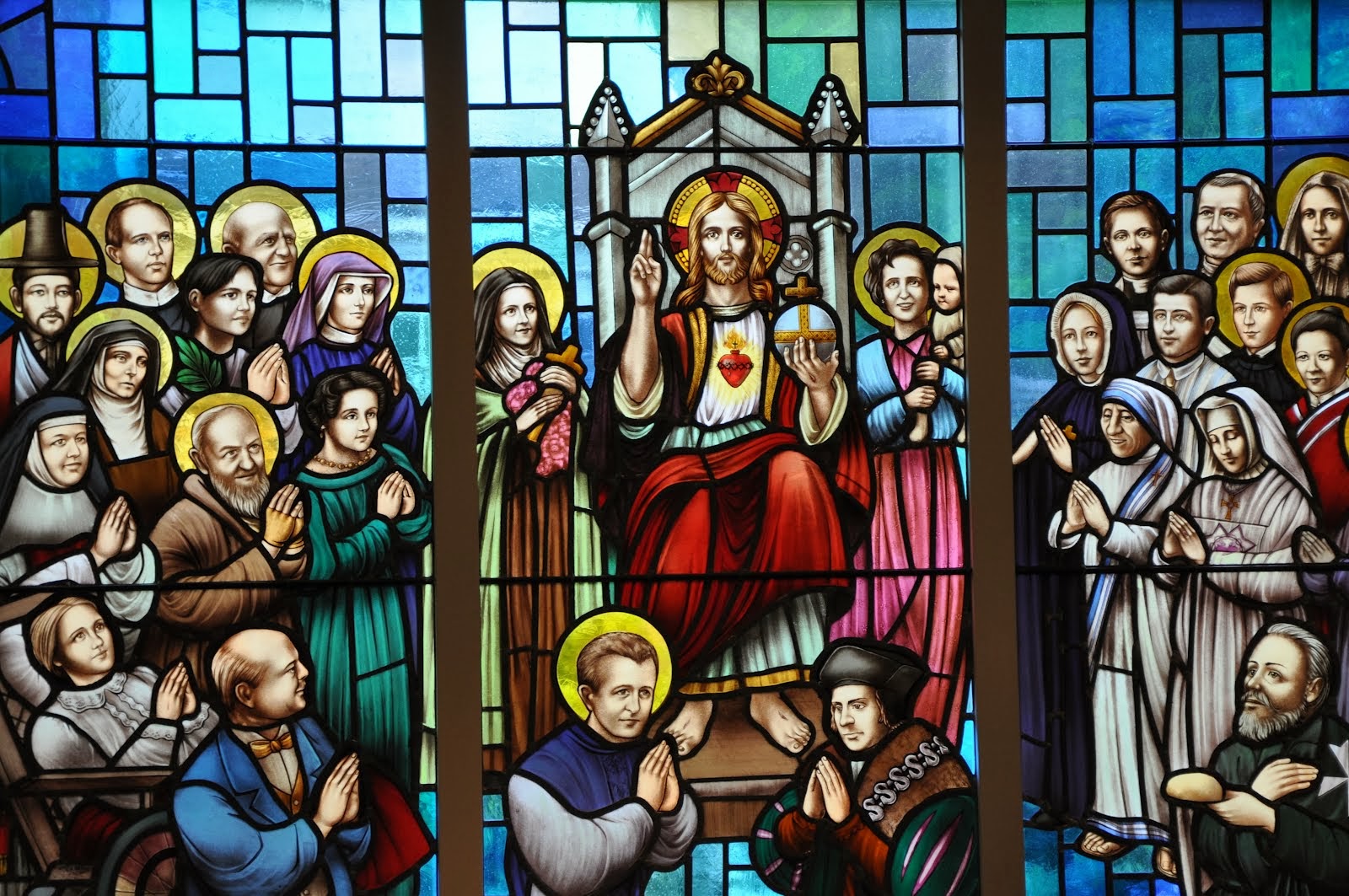
“What among all things that exist is unoriginate? The Godhead. For no one can tell the origin of God, that otherwise would be older than God. But what is the cause of the Manhood, which for our sake God assumed? It was surely our salvation. What else could it be?” St. Gregory Nazianzen (4th century, Doctor of the Church)
“Believe also in the Son of God, One and Only, our Lord Jesus Christ, Who was begotten God of God, begotten Life from Life, begotten Light of Light, Who is in all things like to Him that begat, Who received not His being in time, but was before all ages eternally and incomprehensibly begotten of the Father: The Wisdom and the Power of God, and His Righteousness personally subsisting: Who sits on the right hand of the Father before all ages.” St. Cyril of Jerusalem (4th century, Doctor of the Church)
“If the Son of God was born of the father, then the Father has now ceased to beget; and if He ceased, He began; but if He began to beget, there was a time when He was without the Son. But He was never without the Son, because His Son is His wisdom, which is the brightness of eternal light. Therefore, the father begets from all eternity and the Son is born from all eternity.” St. Augustine of Hippo (4th-5th centuries, Doctor of the Church)
“Unless He were true God, He could bring us no help; and if He were not true man, He could offer us no example.” Pope St. Leo the Great (4th-5th centuries, Doctor of the Church)
“The Resurrection of Christ alone bolsters our faith more than the multitude of His other wonders. This alone is the immovable pillar, the firm anchor, the stable foundation of the entire Christian religion.” St. Thomas of Villanova (15th-16th centuries)
“He who wants something other than Christ, does not know what he wants; he who seeks something other than Christ, does not know what he wishes; he who works and not for Christ, does not know what he is doing…” St Philip Neri (16th century)
“It was death from love, and it is this that makes His sacrifice of the Cross a holocaust. Because it was consumed by this invisible but so much the more ardent fire of His Divine Charity, which rendered Him – and not the Jews or the Gentiles who crucified Him – the sacrificer in this sacrifice, inasmuch as they could not have been able to bring death upon Him by their deeds if His love, by the most excellent act of charity which ever was, had not permitted and commanded the final effect. All the torments they inflicted upon Him would have remained ineffectual if He had not willed to them power over Himself. You would have no power over Me whatsoever, unless it were given you from above.” St. Francis de Sales (16th-17th centuries, Doctor of the Church)
“This God, over Whom none besides can rule, has, so to speak, yielded Himself captive to love; love has gained the victory over Him, and from being His own has reduced Him into our possession: God so loved the world, as to give His only-begotten Son.” St. Alphonsus Liguori (17th-18th centuries, Doctor of the Church)
“What has been now said about the Ascension of our Lord comes to this: that we are in a world of Mystery, with one bright light before us, sufficient for our proceeding forward through all difficulties. Take away this light, and we are utterly wretched – we know not where we are, how we are sustained, what will become of us, and of all that is dear to us, what we are to believe, and why we are in being. But with it we have all and abound…It is enough that our Redeemer lives; that He has been on earth and will come again. On Him we venture our all; we can bear thankfully to put ourselves into His hands, our interests present and eternal, and the interests of all we love.” St. John Henry Newman (19th century)
“Jesus looks for His creatures, comes to those who are moved by His infinite tenderness, and takes pleasure in hearing from their own lips Who He is.” Ven. Concepcion Cabrera de Armida (19th-20th centuries)
“Our Lord was hopeful about humanity. He always saw men the way He originally designed them. He saw through the surface, the grime and the dirt, the real man underneath. He never identified a person with sin. He saw sin as something alien and foreign, something that did not belong to a man, something that mastered him but from which he could be freed in order to be his real self. Just as every mother sees her own image and likeness beneath the dirt on the face of her child, so God always saw the divine image and likeness beneath our sin.” Ven. Fulton Sheen (19th-20th centuries)
